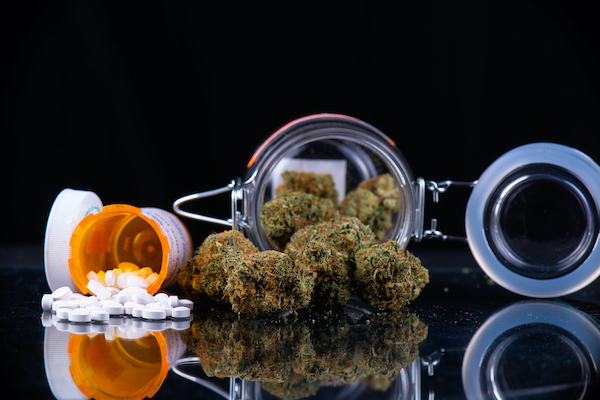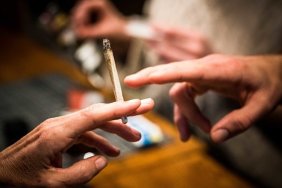Can a bud a day keep the opioids away? A study published this month in the Journal of Health Economics set out to find the answer. If it’s yes, then policymakers have a profitable new tool in their toolbox. It couldn’t come any sooner. Above all, the opioid crisis ravages people of any background. It sent at least 218,000 Americans to early graves from 1999 to 2017. That’s according to the Center for Disease Control and Prevention. Every day opioids continue to claim more lives.
Researchers needed a big data set to determine if legal marijuana can reduce the rates of opioid use. To limit this, they focused on prescription opioids. It was still a whole lot of numbers to crunch. Opioid prescriptions quadrupled in the first 15 years of the new millennium. Lawmakers and doctors turned a blind eye as long as companies like Purdue Pharma kept paying out. At the same time, prohibitions against cannabis ended in more and more states. Every day researchers seem to find new medicinal applications for the once-maligned plant. As old stigmas yield to new science, more people wonder if buds can help knock downers out. The following list shows how and what researchers found in the largest study of its kind ever.
Photo: Roxana Gonzalez / EyeEm (Getty Images)
Expand Your Mind: Meditation and Magic Mushrooms Can Restore People’s Will to Live, Study Shows
Puff, Puff, Pass: How to Handle Your Anxiety in the Bedroom (And Beyond) Using Cannabis
Follow Mandatory on Facebook, Twitter, and Instagram.
Breaking Buds
-
The Pain Game
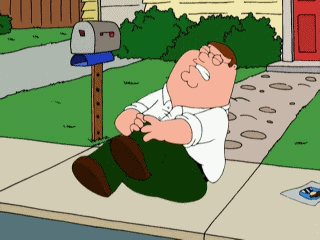
The paper begins by explaining how the desire of health care providers to improve pain management for patients was taken advantage of by companies like Purdue Pharma to create the opioid crisis. A family of billionaires called the Sacklers were the most notorious, but many others made big bucks, too.
-
Herbal Remedies
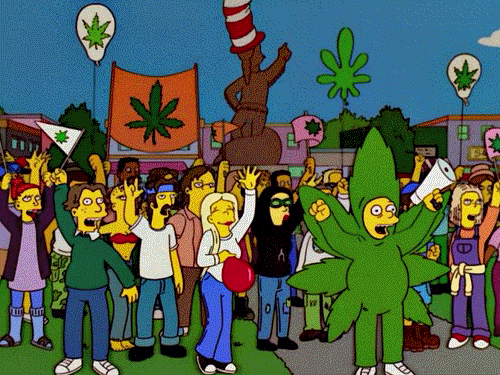
While Big Pharma pushed a new generation of ultra-powerful designer opioids, the study we’re examining points out that “cannabis can effectively substitute for opioids in the treatment of pain.” It cites a 2016 study of 276 patients who found sinsemilla effectively reduced pain and nearly cut opioid consumption rates in half.
-
Big Data
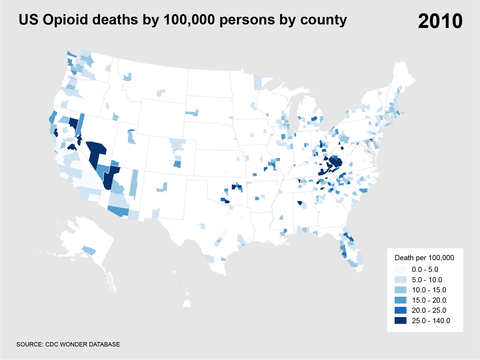
This study looked at the question on a much grander scale than any before it. Researchers examined over 1.5 billion opioid prescriptions issued from 2011 to 2018, or a whopping 90 percent of all opioid prescriptions issued during that period.
-
Ultra ‘High’ Resolution

In addition to examining a huge data set, the study also provided highly specific measurements about each prescription. For instance, the morphine milligram equivalents of each prescription were tracked, allowing the way different types of doctors prescribe opioids over time and across regions to be compared.
-
The Modern Plague
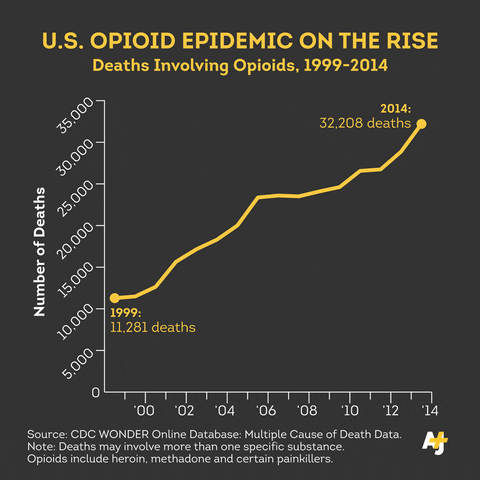
We wanted to remind everyone about the human dimensions of the opioid crisis one more time before revealing the study’s results. The Center for Disease Control and Prevention estimates that 40 people died every day from opioid overdoses in 2017.
-
Conclusions

The study found that passing laws legalizing cannabis reduce prescription opioid consumption. This has massive public health policy implications.
-
And the Winner Is…

Recreational cannabis laws reduced opioid prescriptions by 11.8 percent. Medical cannabis access laws caused a 4.2 percent dip in opioid prescriptions.
-
The Gateway Drug Myth Debunked

The U.S. war on drugs has pushed the concept of marijuana as a gateway drug for decades. This study’s results — as well the results of many others — let us dispense with this harmful piece of propaganda once and for all.
-
Measuring Up

One of the most popular policies for combating the opioid crisis is prescription drug monitoring programs (PDMPs), which let doctors and cops access people’s prescription info. Some evidence shows PDMPs don’t reduce opioid consumption, actually pushing patients to switch to illicit ones like heroin, but the current study points out that cannabis could decrease opioid prescriptions without growing the black market.
-
Recreational Versus Medical
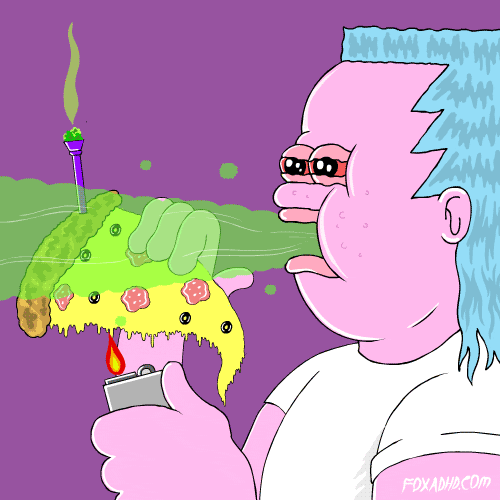
Though both recreational cannabis laws and medical ones reduced opioid prescriptions according to the study, they are not all created equal. Not only did the study find recreational cannabis laws reduced opioid prescriptions to a greater extent, but they also enabled the broadest access for people of all socioeconomic backgrounds.
